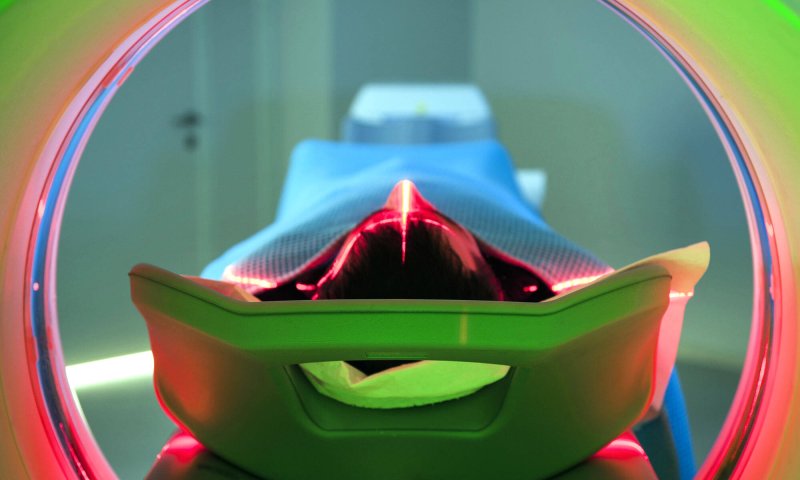Functional magnetic resonance imaging has transformed medicine. It allows non-invasive mapping of a patient’s brain regions to enable more accurate, precise neurosurgery, as well as validating pharmacological effects of potential drugs on human brains.
But fMRI’s use in cognitive and psychological science is notoriously controversial. This is partly because the technology doesn’t directly measure neural activity but rather a proxy for it—oxygenated blood flow. It also requires a tremendous amount of data processing to sort signal from noise, data processing that requires many discretionary choices on the researcher’s part.
In recent years, the field has dealt with a host of issues involving software glitches, misapplied statistics, and irreproducible studies. These challenges have complicated MRI use in clinical and commercial contexts. Companies have attempted to bring fMRI into the courtroom to share what the brain reveals about truth-telling, insanity, and injury. It seems we seek something deeper, more human in these pictures of blood flow in the brain.
Scientists are under tremendous pressure to publish positive results… You can see how a researcher might be tempted, even subconsciously, to play around with the analysis parameters just one more time to see if they can find a significant effect in the data it cost so much to obtain.































